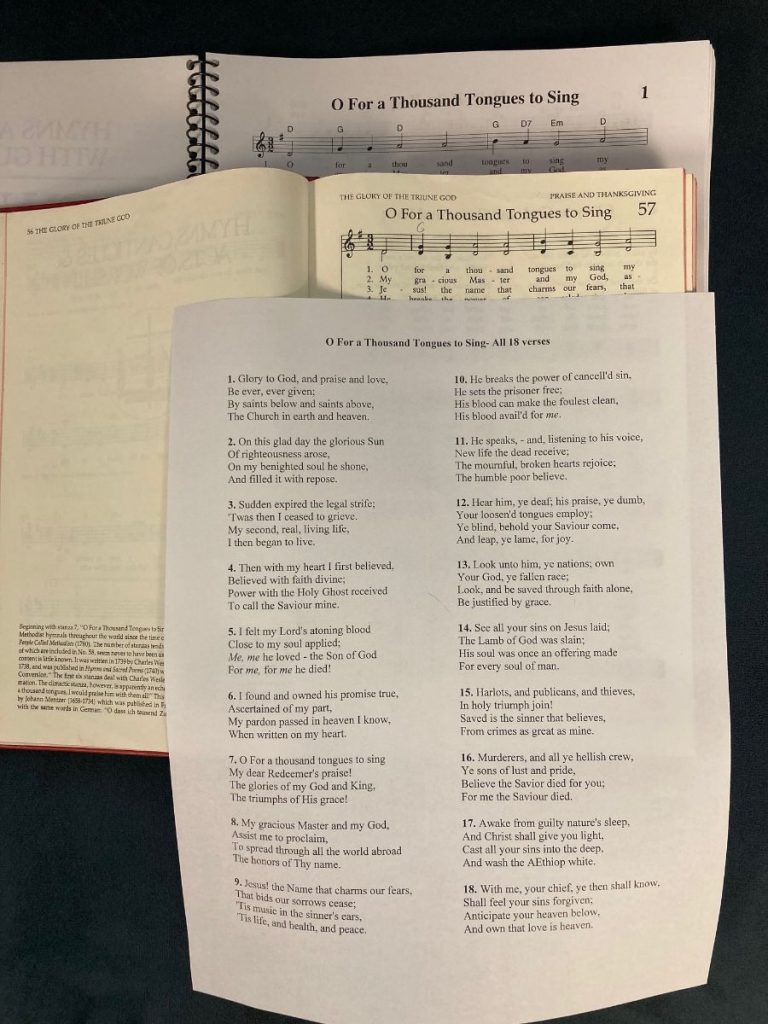
One of the scripture readings for the day in the Common Prayerbook was 1 Samuel 10:1-16, which begins with Samuel anointing Saul. “Anointing” sounds nice, and it is when we do it in worship (we use a small amount of balm to make the sign of the cross on the forehead of newly Baptized members). I just don’t imagine it was nice when Samuel poured a whole vial of oil over Saul’s head. If I were Saul in that situation, as soon as that oil started running down my face I’d be thinking “Get it off, get it off getitoff, GETITOFF, GET IT OFF!”
Sometimes we react that way to God’s blessings as well. I don’t like to be messy, even when I’m being blessed. And neither did all of the people of faith throughout scripture. For every Stephen facing down the Sanhedrin and his fate, there’s a Jonah running from his call. I don’t remotely think that God sent the novel coronavirus. I do think we can find God’s blessings even in this time. Even if they’re messy. And I think we can continue to live our calls to love God and his people each and every day, even from six feet away.



